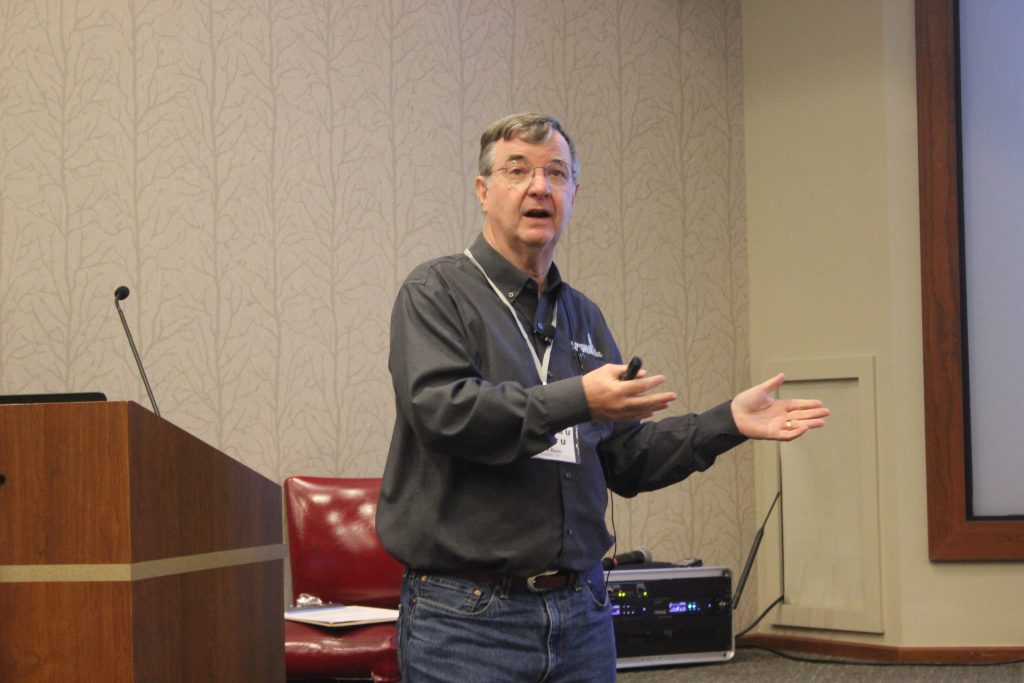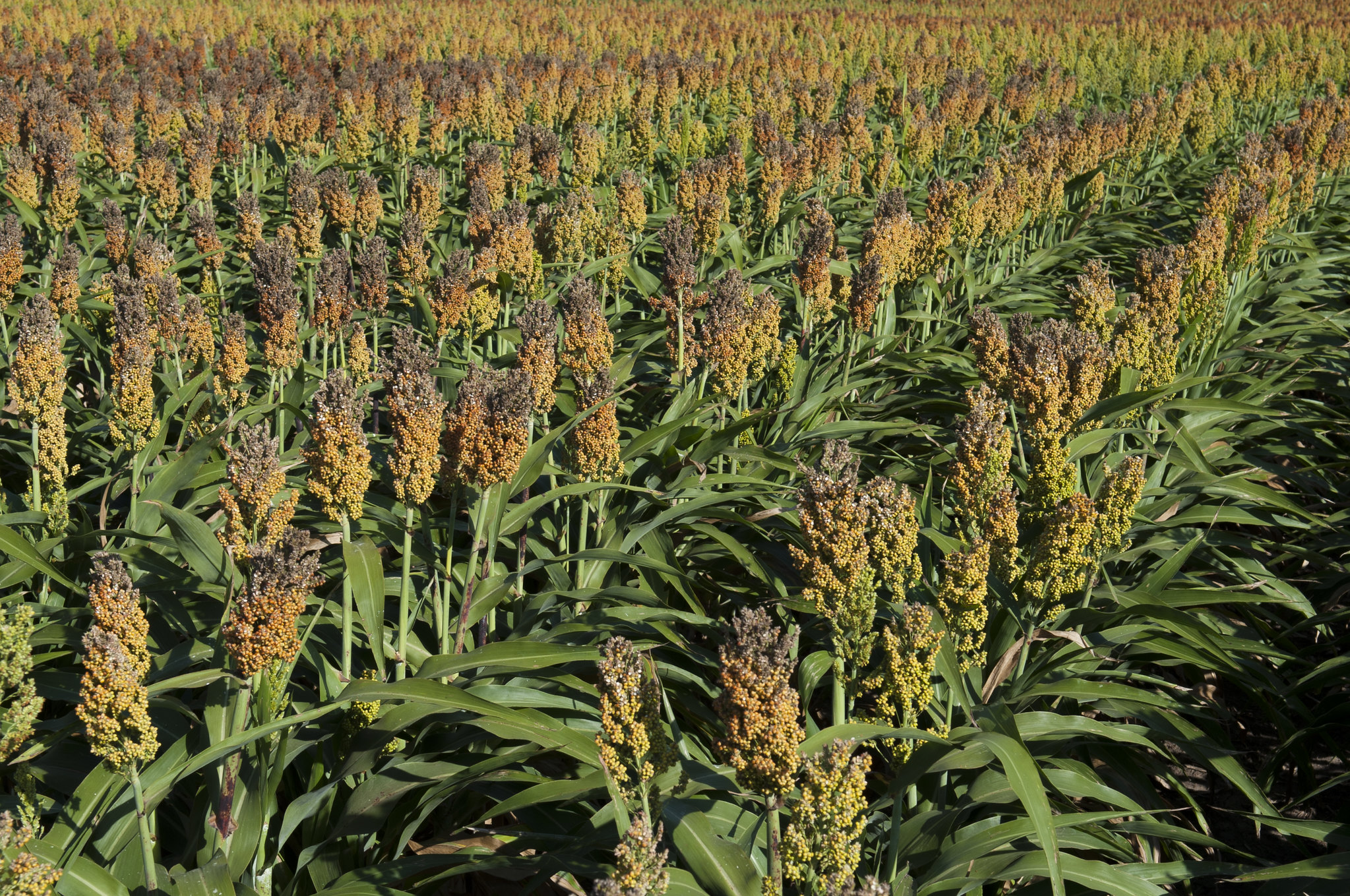Weeds were particularly problematic this year in the High Plains, partly due to large amounts of rain in the early summer months. Brent Bean, director of agronomy at the United Sorghum Checkoff Program, spoke about weeds in sorghum and other crops at the Sorghum U Wheat U event, held in August in Wichita, Kansas.
Bean discussed recent data from pre-emerge, post-emerge and over-the-top grass herbicide studies conducted at different locations across the High Plains. Bean listed several factors that affect pre-emergence weed control.
“When that seed is taking up water, and it’s slow to come up because of cool soil temperatures or whatever, it’s sitting there absorbing the herbicide and that’s when we can have issues from an injury standpoint,” he said.

Additionally, when conditions are dry, pre-emerge products are at the mercy of rainfall.
“Do you know how much rain it takes to get these herbicides incorporated and activated? Generally a quarter to a half inch, depending on your soil and the particular herbicide that you use.”
One concern Bean voiced for the future of herbicides was the possibility of losing the ability to apply Atrazine, a pre- and post-emergent herbicide that is used to control various annual broadleaf and grass weeds. Some groups have been pushing to ban Atrazine, one of the most widely used herbicides in the United States due to concerns of the health of humans and animals that come into contact with the chemical.
“If we lose that, it’s going to hurt us and there’s no question about that,” Bean said. “One thing we have been doing is trying to screen different herbicides that aren’t labeled that we think maybe have some potential. Certainly, if we end up losing Atrazine, or we get to a point where they lower the rates so much we can’t use it effectively, I think we’re going to have to look at some alternatives.”
Fortunately, Bean said in addition to the products that are already available, more and more products are coming along all the time. He also discussed agriculture stewardship and how the way we treat weeds can impact herbicide resistance.
“We want to be really cautious with treatment of weeds or we will have a host of herbicide resistant grasses,” he said. “Johnson grass and shattercane grass as the largest concerns. The main thing is you don’t want Johnson grass or shattercane to be flowering when the sorghum is flowering when you have that pollen flow with cross-pollination.”
Lacey Vilhauer can be reached at 620-227-1871 or [email protected].




